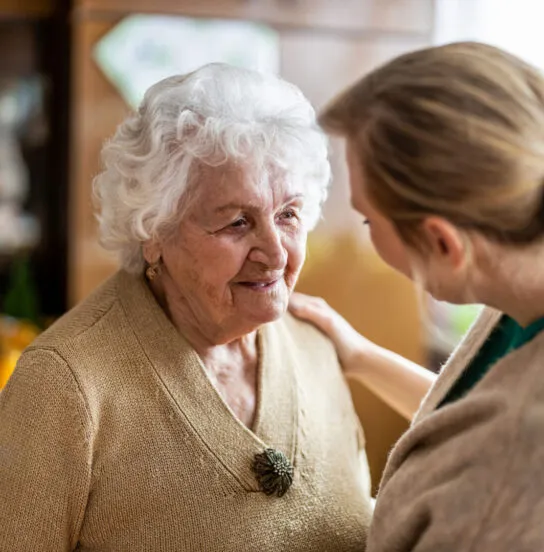Care Types
Learn about different types of senior living to find the best situation for you.
About
Senior Living
There are a lot of options when it comes to senior living! Assisted living, independent living, nursing homes, care homes… the list goes on and on. What is the difference? Which is right for your family? How much do they cost and what is important to know about each one?
Click on the sections below to learn more about different senior living situations and get a feel for what might be right for you. Each offers its own level of independence and care—and what might be right for someone else might not be the best fit for your loved one. Get the details on each so that you can make an informed decision.


Assisted Living
Assisted living communities are residential facilities that provide older adults with support for their Activities of Daily Living.

Independent Living
Independent living communities offer seniors an active and self-sufficient lifestyle within a community setting.

Nursing Homes
Nursing homes provide 24/7 medical care and support for those who require a higher level of healthcare assistance.

Care Homes
Care homes are properties in residential neighborhoods that provide seniors a supportive living environment.

Memory Care
Memory Care is a specialized residential care option for seniors with Alzheimer’s disease, dementia, or other forms of memory loss.

Senior Living
Senior living refers to various housing communities designed specifically for older adults over 55.

If you are ready, contact the care advisor in your area to get started.
They will walk you through the entire decision process: answering all your questions, arranging and accompanying you on site tours, and educating you about the facilities available in your community.
or call
(800)267-7816